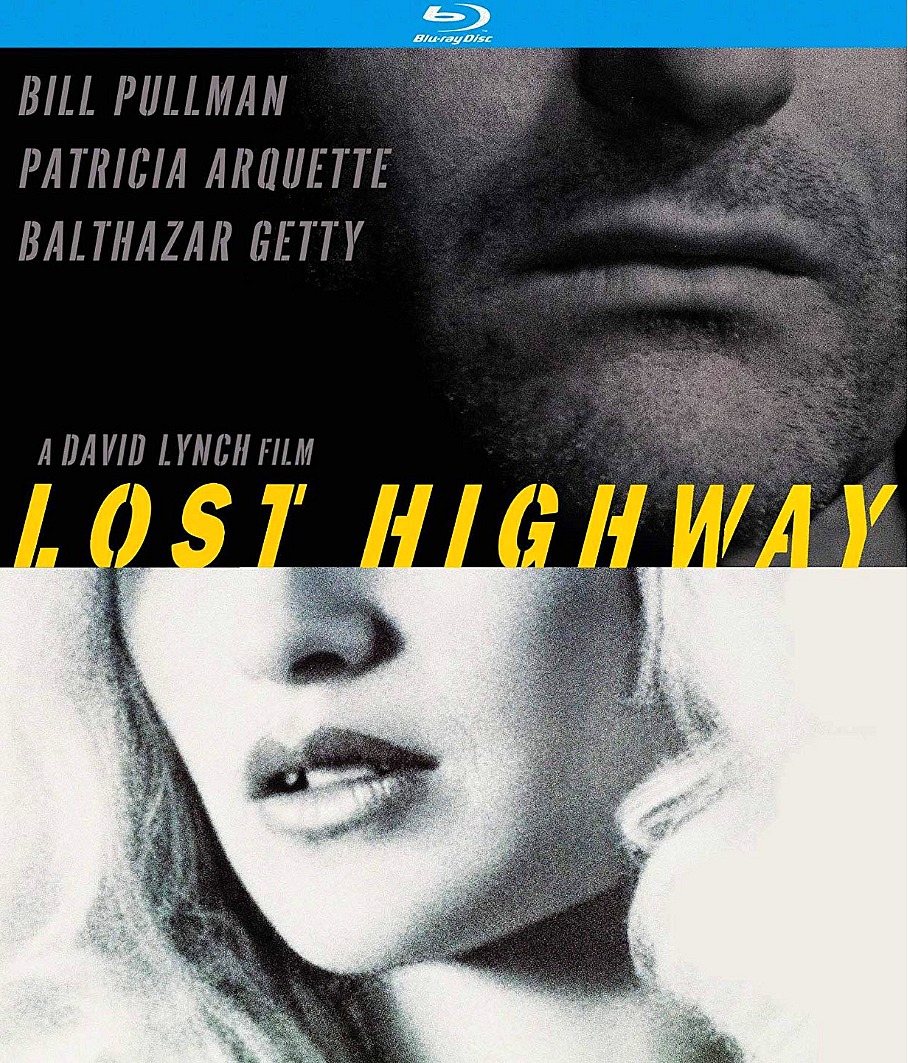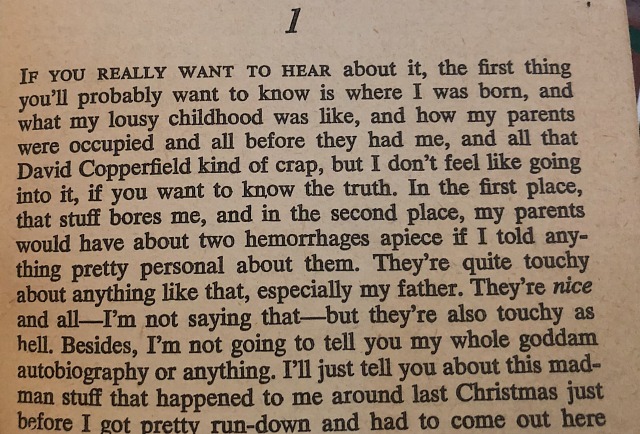When you pull into a supermarket parking spot, what’s the first thing you do? Turn off the engine and the lights, right? Because you’re about to go shopping and you have no need for either until you return with groceries…right? Except there are sociopaths out there who pull into parking spaces and don’t turn their lights off until 15, 30, 45 or even 60 seconds have elapsed. For no reason that makes any sense to anyone. They just do this. Because they’re sociopaths.
Earlier this evening I was sitting in my little car in the parking lot of West Hollywood Pavilions. Engine off, lights off, surfing Twitter and thinking things over.
Directly across from me a big fat Range Rover pulled in, and as it sat there and sat there with no one getting out, the lights were flashing right in my face for the longest time. The lights were so bright I was squinting and shielding my eyes. After 25 or 30 seconds I was muttering “what the fuck are you doing, man?” After about 60 seconds, the dick behind the wheel finally turned his lights off and got out and went into the market.
For what it’s worth I’ve never done this. After I pull into my spot I kill the lights and the engine because — logic! — I’m there to buy some yogurt, cat food and mineral water, and I won’t need the lights or the engine until I return.
Three or four minutes later a white SUV pulled in next to the Range Rover and did the same damn thing. Sat there, sat there and fucking sat there with the lights still burning. Has the driver changed his/her mind? Is he/she wondering whether he/she should be shopping this evening, or whether there’s something more important that he/she needs to do? Okay, maybe so, but what’s the problem with turning your fucking lights off while you think things over? Has it occured to you that others (i.e., people like myself) might find your super-glarey lights obnoxious? Oh, this hasn’t occured to you? I see.
45 seconds later the lights on the white SUV finally went off. Thanks for the squinting session!
15 minutes later the Range Rover guy returned with a couple of grocery bags. He loaded them into the back seat, got in and turned on the lights. And just fucking sat there again. If you’re like me and you don’t feel like driving off into the night, fine. But why sit in your car with your lights on? Are you doing this to, what, aggravate people or something?
Please turn them off. Please. He didn’t. He wouldn’t. I was sitting there going “you dick, you dick, you dick, you dick…what is your MALFUNCTION?”
Hell is other people in a parking lot.












